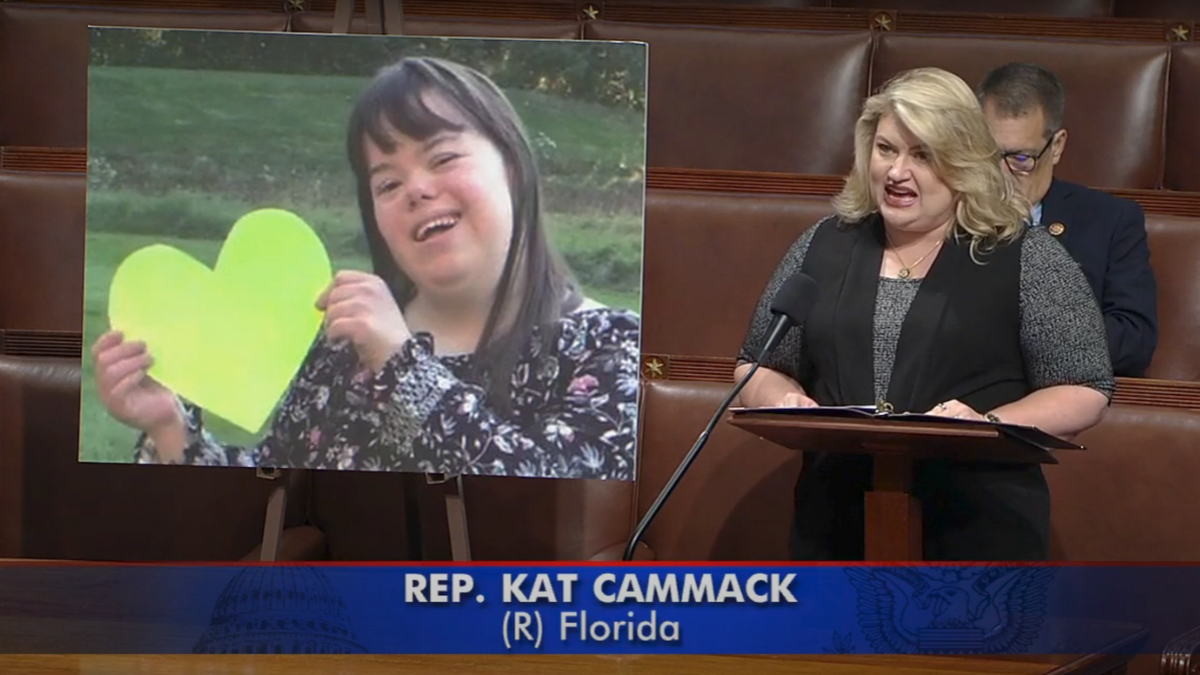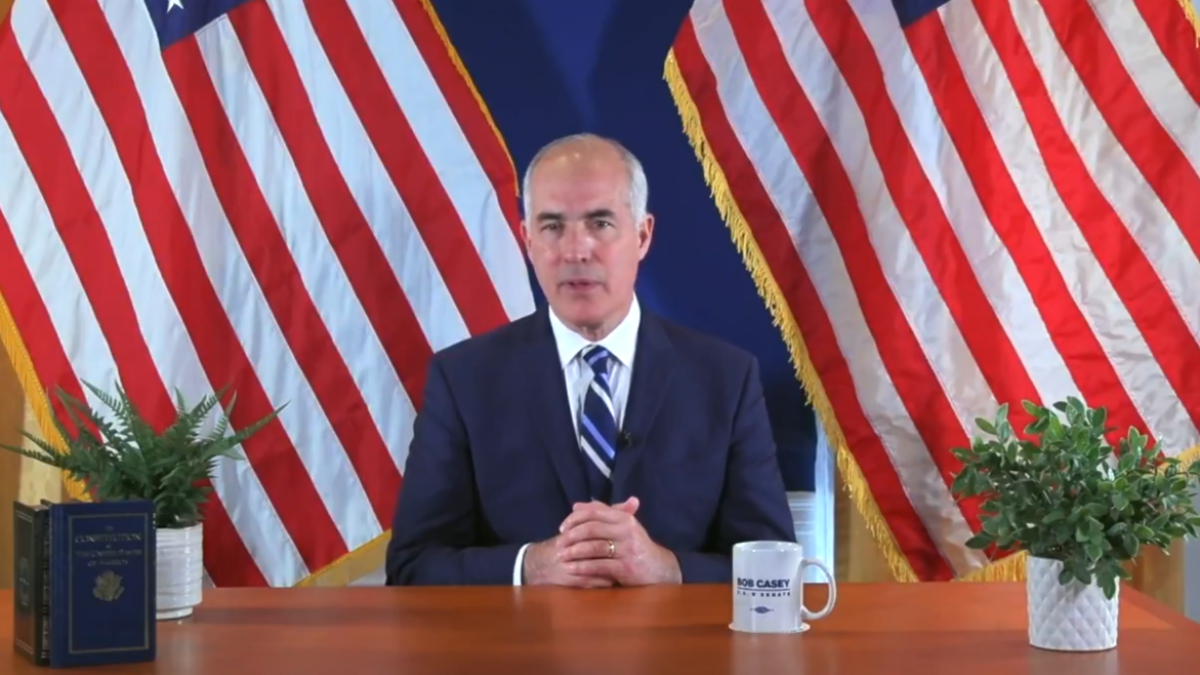Just when conservatives couldn’t find enough reasons to oppose an Obamacare “stability” package — or the law itself — the health insurance industry generated another. Aetna’s CEO Mark Bertolini announced Tuesday the company would donate $200,000 to support the March for Our Lives gun control rally scheduled for later this month.
Which raises an obvious question: If a company like Aetna can afford to make a six-figure contribution to a liberal gun control effort, why exactly did health insurers spend some of Tuesday asking for taxpayers to provide a multi-billion dollar “stability” package for the Exchanges?
I’ll stipulate that Aetna stopped selling individual health insurance for 2018. However, it continues to sell small group health coverage, including in its home state of Connecticut. And legislation (H.R. 4666) introduced by Rep. Ryan Costello (R-PA), and reportedly favored by House Republican leaders, would spend $30 billion over three years on a “Stability Fund” to subsidize both the individual and small group markets. Put simply, Aetna would benefit from the billions of dollars in taxpayer largesse the Costello bill proposes.
And when it comes to taxpayer largesse, Aetna has already received plenty. According to page 56 of its most recent quarterly financial filing, last year Aetna’s revenue from government business outstripped its private-sector commercial enterprises: Even as private sector revenues dropped the past two years, government business rose by over $4.5 billion, due at least in part to the additional revenues generated by Obamacare’s Medicaid expansion.
As with other health insurers, Aetna has rapidly become an extension of the state itself — a regulated utility that focuses largely on extracting more business from government. Rather than focusing on new innovations and selling product to the private sector, it instead hires more lobbyists to seek rents (e.g., a “stability” package) from government. And in exchange for such governmental payments, it promotes liberal causes that will win the company plaudits from the statists who regulate it.
Other health insurance organizations have taken much the same tack. Several years ago, the House Ways and Means Committee exposed how AARP received numerous exemptions for its lucrative Medigap plans in Obamacare. Not coincidentally, the organization had previously used its “Divided We Fail” campaign to funnel money to such liberal organizations as the NAACP, the Human Rights Campaign, the Congressional Black Caucus Foundation, and the National Council of La Raza.
(Yes, I recognize that, technically speaking, AARP is not a health insurer. Whereas health insurers might have to place money at risk, AARP faces no such barrier, and can instead reap pure profit by licensing its name and brand.)
On Twitter Thursday evening, I asked Aetna CEO Mark Bertolini if he considers abortion a public health issue — the company’s stated reason for contributing to the March for Our Lives. If Aetna purportedly cares so much about gun violence, it should similarly care about violence against the unborn. But I won’t hold my breath waiting for Aetna to contribute to the March for Life, or any other pro-life cause.
Mind you, a private company can make contributions to whichever organizations it likes or does not like. Unfortunately, however, Aetna and many other insurers aren’t acting like private companies. In constantly begging for taxpayer dollars, they’re acting like wards of the state.
That dynamic provides conservatives with the perfect reason to oppose an Obamacare “stability” package — and support the law’s full repeal. Weaning health insurers off the gusher of taxpayer dollars Obamacare created would represent a move away from the current statist status quo. And who knows? It might — just might — get some health care companies to look beyond government as the solution to all their problems.









